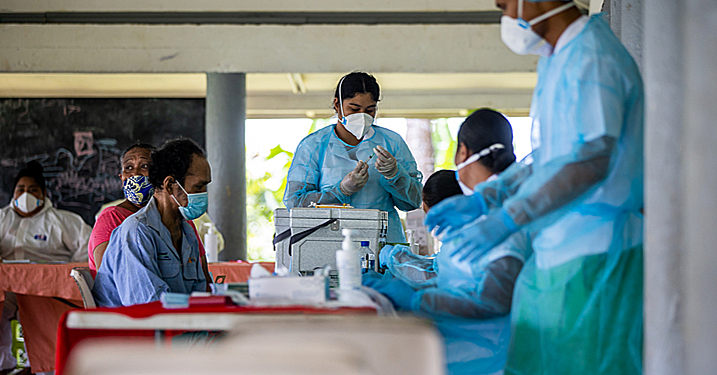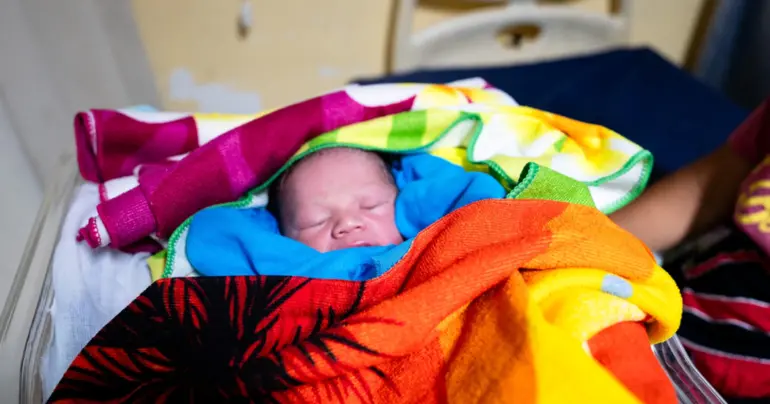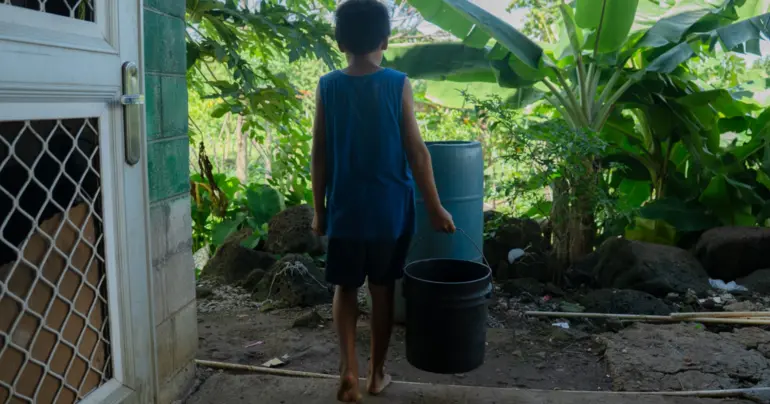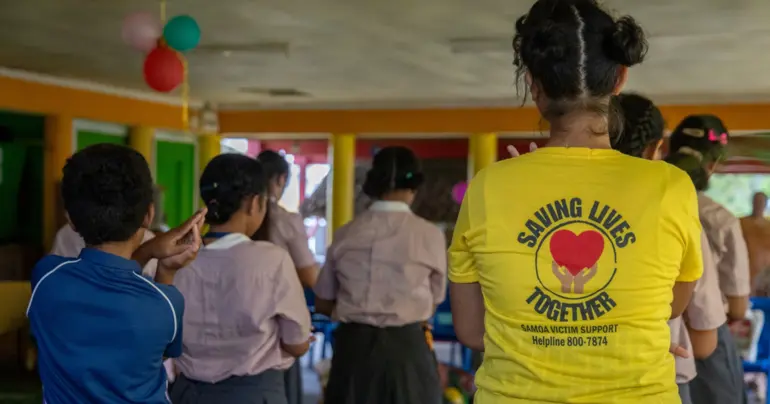Lawful elections: time alone no cure
 By The Editorial Board
•
19 June 2021, 2:00AM
By The Editorial Board
•
19 June 2021, 2:00AM
Another day and another twist was revealed to have been lurking around the corner in the ongoing tale of this year’s elections.
Seiuli Ueligitone Seiul had his election declared void by the Supreme Court after an election petition found him guilty of allegations of bribery and treating. The result is a major blow to the former Associate Minister and the Human Rights Protection Party (H.R.P.P.) in the current delicate balance of political power in Samoa’s Parliament.
Seiuli was found guilty of charges of bribery and treating after launching a counter-petition to allegations he had breached electoral laws.
To his certain dismay, Maualaivao Patelesio Ah Him, a former member of the now-defunct but H.R.P.P.-affiliated Individual Voters seat, who mounted the challenge was also found guilty and had the same punishment imposed.
The only victor in this tactical misfire is the Faatuatua ile Atua Samoa ua Tasi (F.A.S.T.) party whose notional lead on the floor of Parliament has just doubled to reach 26 to the H.R.P.P.’s 24.
For both parties to self-exclude themselves, though, is hardly an unusual outcome of filing petitions after the election.
Only those who have been scrupulous about adhering to the provisions of the Electoral Act will not be anxious in court; what was once cheerfully acknowledged political encouragement is being cracked down upon.
We applaud the court for its tough stance. It is only by enforcing the rules of the Act over several election cycles that political candidates will get the message that clean politics is the only path to Parliament. And staying there, too.
From what we have heard from Supreme Court hearings so far, the elicitation of bribery by voters can be a delicate dance or a shameless request. In close seats, voters realise they hold some power over candidates. Many seem entirely at ease with doing so.
Perhaps the signal case of how much voters’ morality needs to improve comes from Faasaleleaga No. 2 voter who alleged on the stand to seeking out money for beer and cigarettes from a candidate.
The voters of Sagaga No. 2 will now be sent back to the polls once again. And, with both leading candidates having been found guilty of electoral offences they will have a slate of new candidates from which to choose.
Unlike a snap election, in which candidates may only run for the party with which they previously registered, in a by-election party-switching and fresh registrations are fair game. And it is more than likely that reports that both parties have been sounding out potential by-election candidates to switch political teams are accurate. Whether these offers themselves involve inducements add another layer of complexity to what is a complicated feature of our democracy.
But back to the voters. One can’t imagine Sagaga No. 2 voters will relish voting again so soon after the April national poll - and against the backdrop of ongoing political uncertainty.
But in all likelihood they will not be the only voters returning to the ballot box this election, not by a long shot.
Election petitions are far from a new feature of Samoan politics.
Time was when members of the public could lodge complaints about perceived violations with the court. In the 1996 election two dozen electoral petitions were filed by both the H.R.P.P. and opposition parties. The Parliament even took the step of changing laws to limit who could file petitions in recognition of the fact that they were gumming up the works of democracy.
So the last two national elections have been the exception rather than the rule for their relative lack of legal protest.
The 2016 election, an H.R.P.P. landslide was an extremely rare example. Some 10 petitions were prepared but none were brought before the courts and were settled out of court.
In 2011, only four election petitions made it to the by-election stage; two resulted in gains for the H.R.P.P.
But as Justice Vui Clarence Nelson has noted there is little to discourage candidates from filing petitions.
While writing for the United Nations Asia and Far East Institute, Justice Vui noted that petitions have, on average, a success rate of about 50 per cent. What is more, it is rare that bribery and treating petitions are followed up criminally, including a lack of follow through by authorities and a focus on determining the makeup of Parliament.
But this year’s 28 petitions and counter-petitions still represent an extraordinary challenge and potential burden on the Supreme Court. But it was perhaps to be expected. With such a close election result and seemingly little to lose, it is hardly surprising that parties are willing to roll the dice high in more than half of the seats in the Legislative Assembly.
Sorting through the petitions is a process likely to take months; until then (and finally by-elections) the makeup of our Parliament will not be known.
They should not, though, be seen as an impediment to getting on with the business of Government. In the past, Parliament has continued to sit as by-elections and petitions continue to run.
But what petitions do highlight is the tension between our cultural traditions and what is legally acceptable behaviour.
The twin systems of village and central governance do not sit well with each other every election cycle.
Most candidates see winning over village councils as the key to securing voters’ support. Of course, there are occasions when a village seeks to enforce the election of a sole candidate and making voting against them a punishable offence.
But while we wait for the chips to fall as they may in court (and hope that proceedings are no longer used as a roadblock to Parliament), it is also worth noting how far we have come. Bribery and treating in the form of cash handouts, goods in kind, ‘transport money’, gifts to villages and families have all been openly used as vote winning tactics.
That these habits were ingrained for so long goes a long way to explaining why there are so many petitions currently before the court. We give the Government credit where it is due for tightening up election law following a 2012 inquiry into the cleanliness of our politics. Ironically, on current projections, that could well be the source of its downfall.
But there is still much more work to be done. Pre-emptive strikes on bribery, gathering intelligence on suspicious behaviour and replacing the widely derided polling officials at electoral booths with people who are on their toes and alive to corruption would be good places to start.
 By The Editorial Board
•
19 June 2021, 2:00AM
By The Editorial Board
•
19 June 2021, 2:00AM











